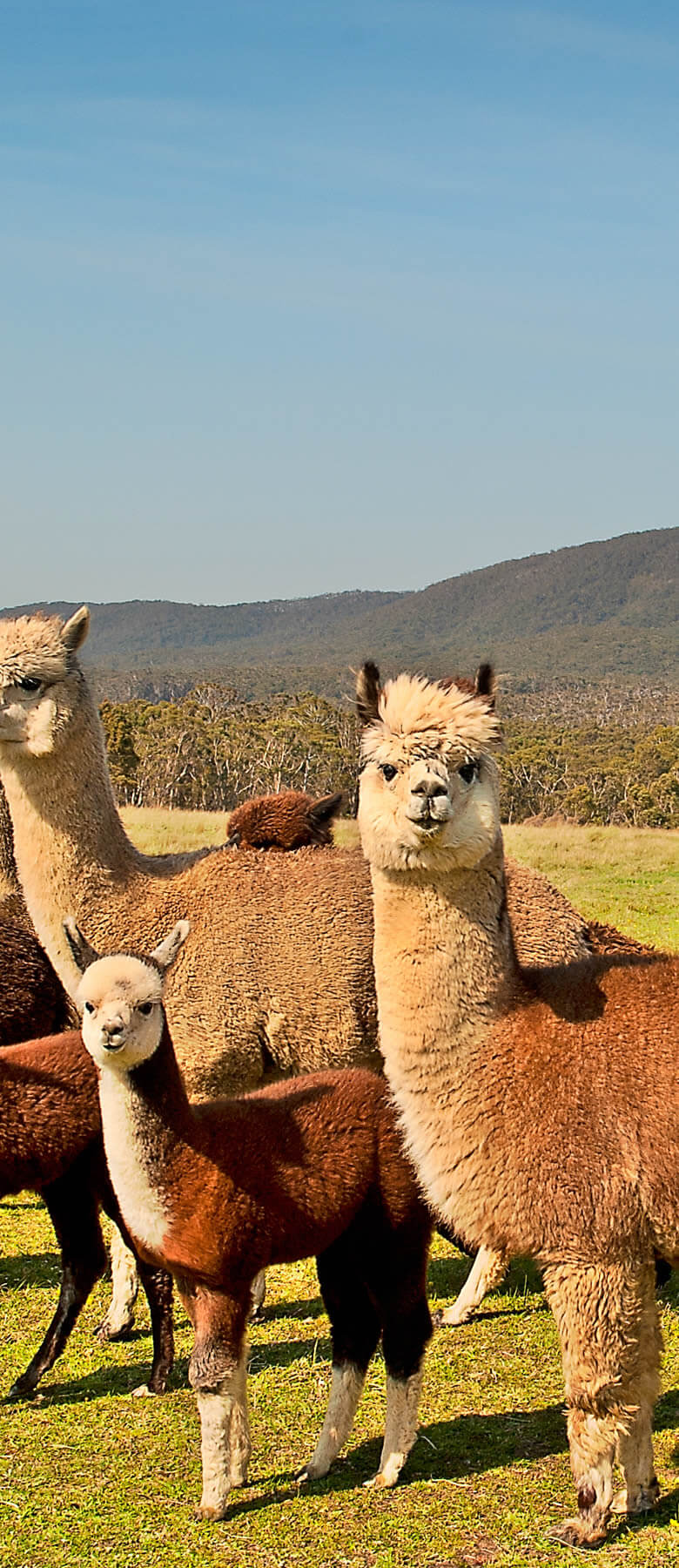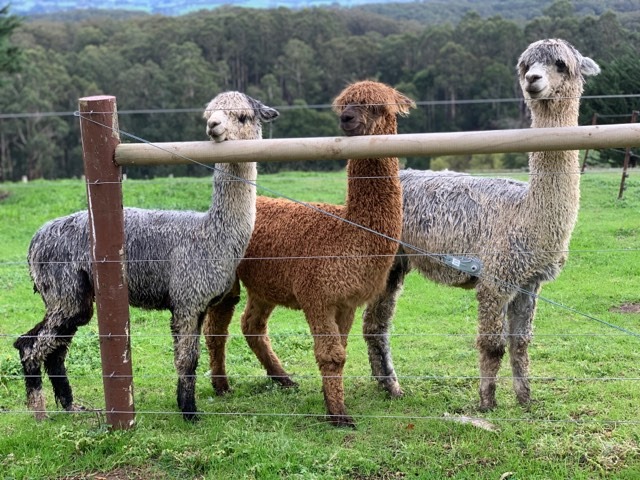The recent webinar with Dr Kylie Munyard walked us through colour genetic research about inheritance patterns and molecular causes of all colours and patterns in alpacas.
The DNA tests now available on coat colour testing can be organised through the AAA office either individually or in conjunction with male certification or parentage verification
For more information
Cost is $38.50 for the test on its own, or $90 when combined with parentage verification and $310 when combined with male certification.
DNA test for identifying colour in alpacas to help breeders better predict breeding outcomes. This is of interest to alpaca breeders of all colours – while an alpaca may look like one colour, it might actually be something else! You can learn how to identify homozygous for the “white” allele and then breed to ensure progeny from white and fawn alpaca will be white.
Coat colour in alpacas is a complex trait, involving two main genes responsible for base coat colour (ASIP and MC1R), and an as yet unknown number involved with pattern. Alpaca fleece has 22 natural shades that ranges from black to white, grey, fawn to champagne. Breeding for a specific coat colour can be a complex process.
The ‘classic grey’ phenotype can be problematic in breeding due to its association with the blue eye white phenotype and associated possible health defects. Classic grey can be hidden or cryptic on white or light backgrounds.
With the release of the Alpaca Coat test, breeders have the opportunity to test their white or light fawn animals, those with uncertain patterns or mutations or animals they wish to determine the base coat colour to deduce common progeny colours. The test also identifies animals with ‘cryptic grey’ coat patterns that are generally too pale to see.
Example of Results
Breeders will receive a grey/non-grey status for tested animals, as well as a base coat phenotype for the following colours:
| w | White | White fibre, Dark skin |
| PSW | Pink Skinned White | White Fibre, Pink skin |
| F | Fawn | Fawn Fibre, Dark skin |
| CF | Clear Fawn | Fawn fibre, Pink skin |
| BB | Bay/Brown | Red/Brown body fibre, Black fibre on extremities, Black skin |
| CH | Chestnut | Red/Brown fibre, Pink to Red/Brown |
| B | Black | Black fibre and skin |


